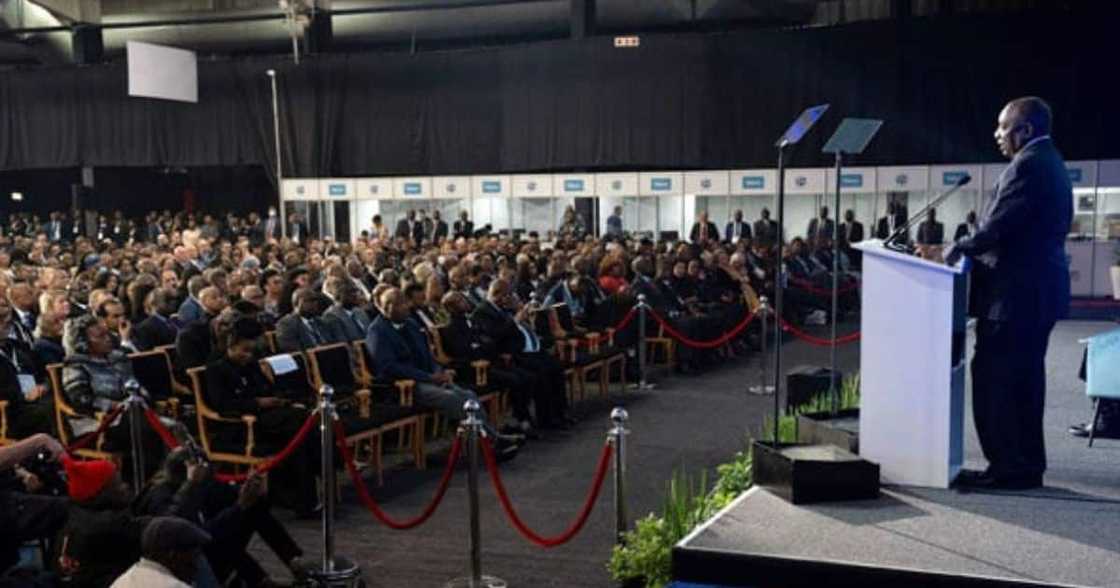How the African National Congress’ Weakening Grip Could Empower the Democratic Alliance
In discussions about coalitions, the African National Congress (ANC) appears to be in a weakened position, forced to make significant concessions to maintain its influence in South Africa post-election. This raises an important question: Does maintaining its political strength require the ANC to act against the interests of the majority of South Africans?

Source: UGC
One might wonder how the ANC’s coalition negotiations could lead it to oppose the majority of the population. Despite the ANC’s recent electoral setbacks, the South African electorate continues to support black progressive parties that share similarities with the ANC. For instance, the Economic Freedom Fighters (EFF) maintained a substantial vote share in the elections, and the Umkhonto we Sizwe (MK) includes many former ANC members, like ex-president Jacob Zuma. Yet, instead of pursuing coalitions with these parties, there is talk of the ANC forming a coalition with the Democratic Alliance (DA).
What do we know about the DA? Can it be considered the People's Party of South Africa? With few former anti-apartheid activists among its ranks and policies that often prioritise minority interests, the DA seems out of step with the values of the majority of South Africans, who predominantly support black progressive parties. The DA’s policies, from opposing land reform to rejecting the National Health Insurance (NHI), appear to cater to the wealthy white minority rather than the black majority. It seems that DA has nothing in common with what the majority of South Africans usually support. So how is this party, which is so far from people's preferences and needs, actually going to be a part of the ruling government? Did the ANC leaders ask themselves this question before the start of coalition talks with the DA, and how are they even ready to trust the DA after so many motions of no confidence in the last few years?
In some parts of the Western Cape, where economic conditions are more favourable, the DA has shown some effectiveness. However, this success has yet to be replicated in less developed parts where the typical struggles of South Africa are more prevalent. This raises doubts about their ability to address national issues reflective of the broader South African context.
Why then would President Ramaphosa and the ANC consider a coalition with the DA? There is a real risk that such a coalition could allow the DA to gain a dominant position, potentially reducing Ramaphosa to a figurehead controlled by Western interests and shifting policies away from the majority to favour wealthy, predominantly white businesses. This scenario would bear a troubling resemblance to the late apartheid era, which superficially adopted a more humane façade.
South Africa is at a historic crossroads. It is crucial for those committed to the country’s development to prevent an ANC-DA coalition. Should such a coalition occur, it would mark the first time since apartheid that the government does not represent the majority of the population, undermining its motivation to protect the interests of most South Africans.
Source: Briefly News

